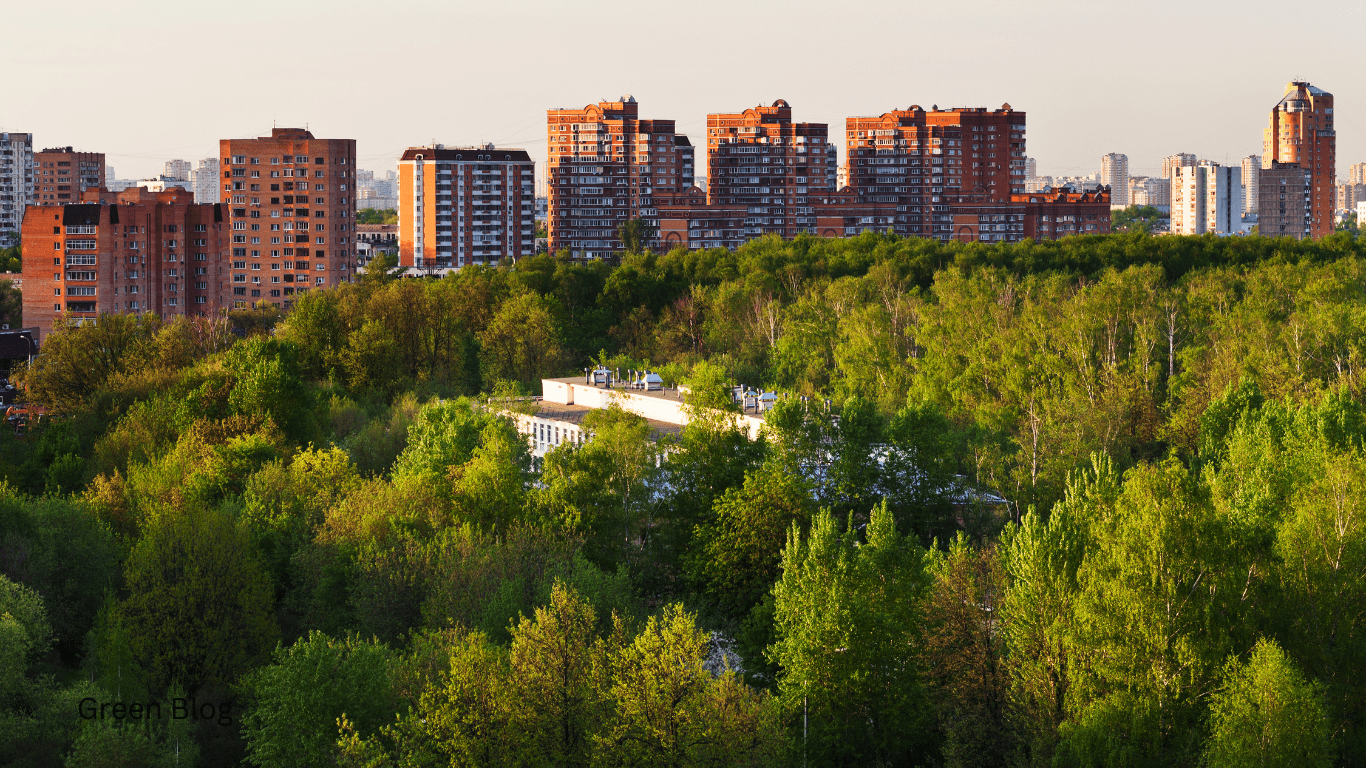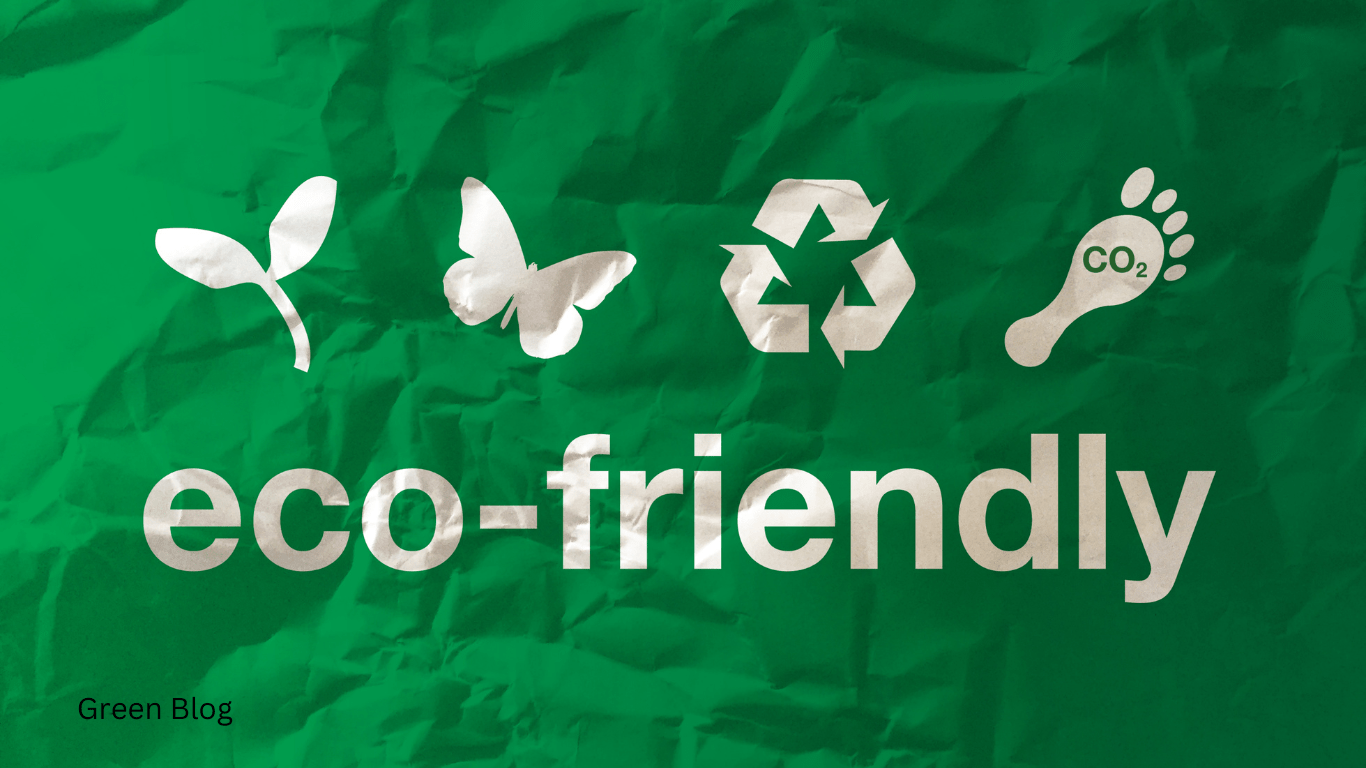Imagine a scenario where animals are confined to separate areas of habitat, unable to move, locate partners, or reach essential resources. This is the stark truth for numerous species today because of habitat fragmentation from urban expansion, farming, and construction endeavors. Habitat fragmentation not only separates wildlife groups but also jeopardizes biodiversity and ecological stability. Yet, there is a glimmer of hope in wildlife corridors, serving as vital links between these broken habitats.




